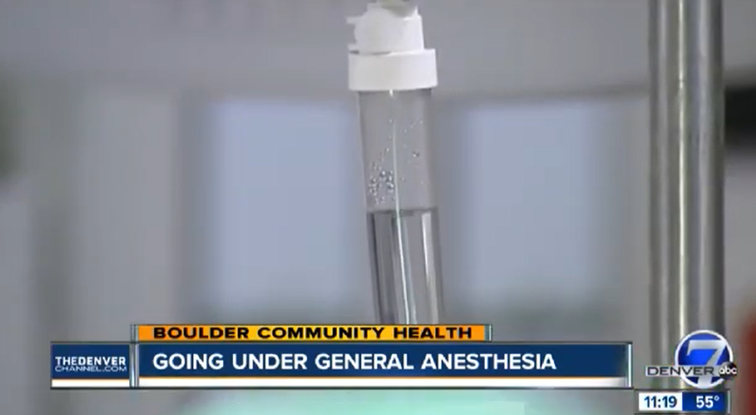We want you to be as comfortable as possible, so pain control remains an important concern after surgery. Your doctor may give you more than one medicine for pain. In some cases, you may use a pain pump so that it's easy to get pain medicine right when you need it. Keep your doctor and nurses informed about your pain status. If you wait until the pain is very severe, it is more difficult for your doctor or nurses to help relieve the discomfort.
Your activity and diet after surgery will depend on your procedure. Usually, your doctor will want you to get up as soon as possible. Your nurses or physical therapist will help you do this. DO NOT try to get up alone.
Relief of any nausea or vomiting is an important concern. Your IV will remain in place until you are able to drink liquids without any nausea, be upright without fainting and urinate on your own. If the IV becomes painful, red or swollen, please tell your nurse.
Typically, before you go home, your doctors and nurses will make sure that:
- You can breathe using your full lung capacity.
- You are able to eat.
- Your pain has been controlled so that it doesn't interfere with your physical activities.
Before you are discharged, you will meet with a discharge nurse to give you specific instructions related to your procedure, including wound care or dressings, activity restrictions, and follow-up appointments.
Please consider the following to help prevent infection post-surgery:
- Keep your hands clean. You can wash your hands with soap and water or use hand sanitizer. This is one of the most important things you can do to avoid getting sick and spreading germs to others.
- Change your dressing as directed by your surgeon.
- It is important to continue to take your medications as prescribed.
Need medical equipment after your surgery?
This brochure lists organizations in our community that loan out medical
equipment for personal use.
English
Spanish









.jpg)


